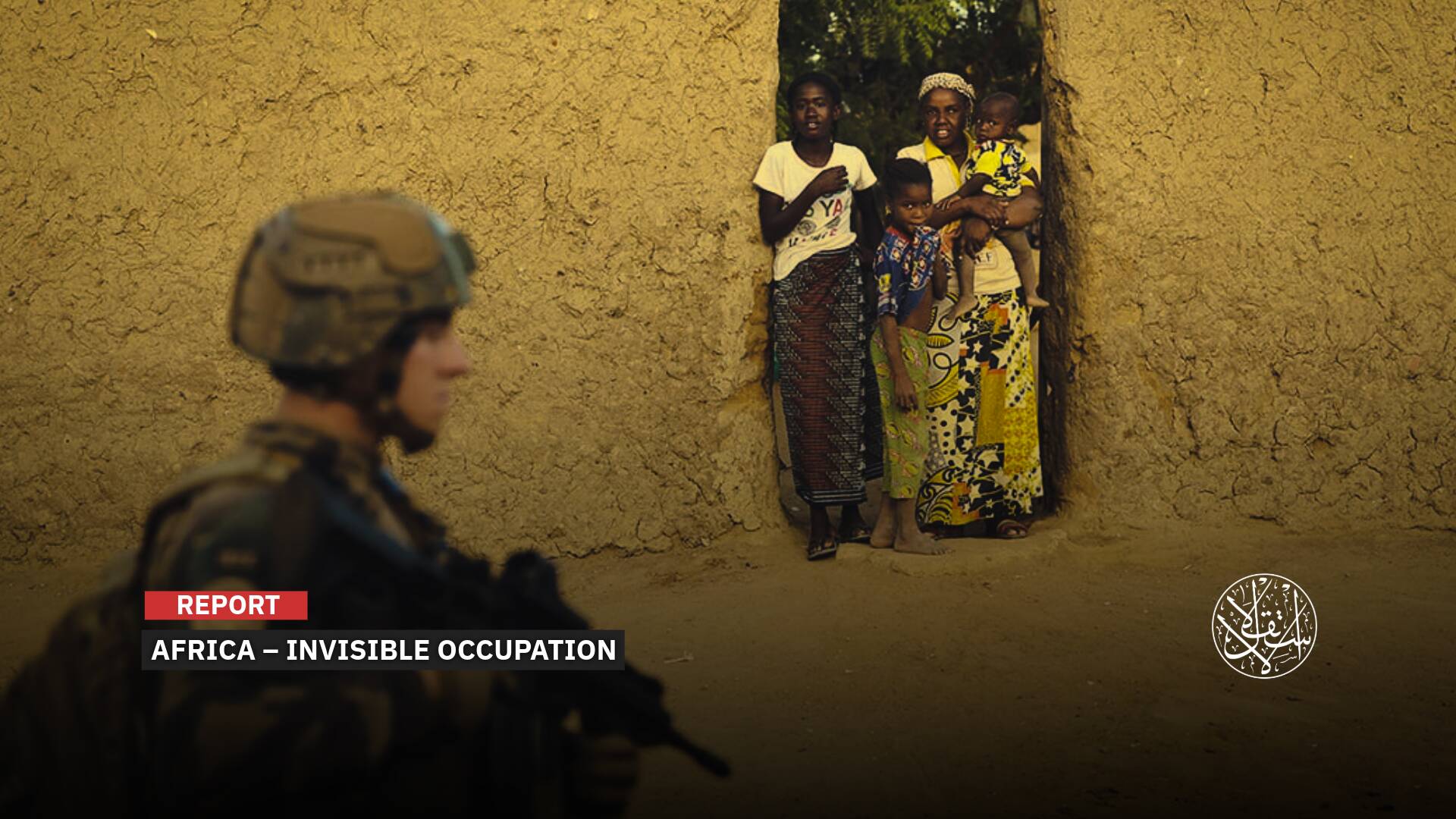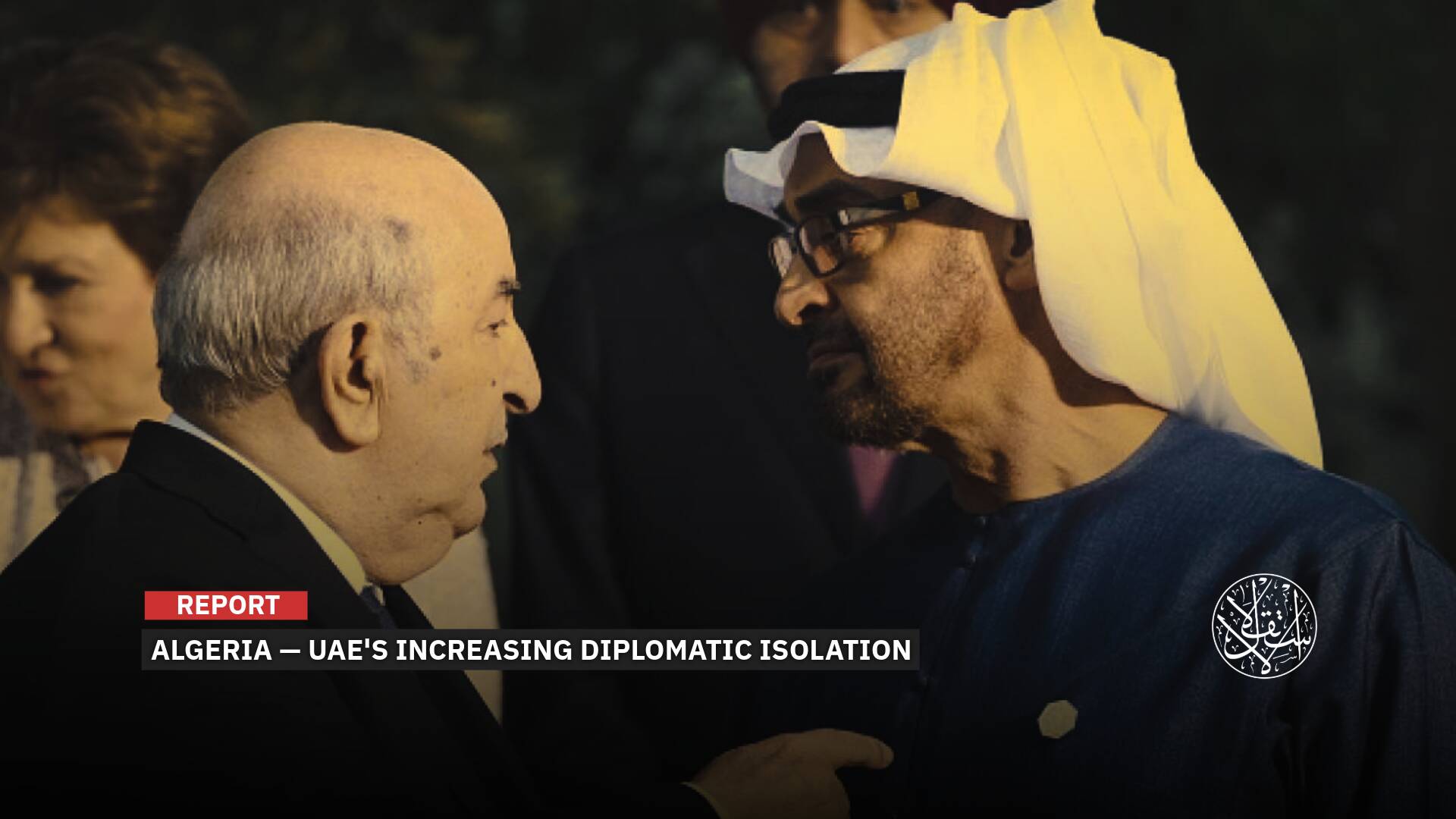Nestle Sugar Scandal: How Baby Food Became a Victim of Classism Between Poor and Rich Countries

“Nestle controls 20% of the global baby food market, valued at nearly $70 billion.”
Contrary to its slogans "Good Food, Good Life, and Grow Smart," a recent investigation accused Nestle of discriminating between children in rich and poor countries by adding sugar to the baby food it sells in developing country markets while selling the same products sugar-free in European markets.
The recent Nestle scandal raised the World Health Organization's dismay about the threat to children's lives through added sugar. Studies have shown that white sugar raises the rate of obesity among children to epidemic proportions in low- and middle-income countries and increases the possibility of developing diseases such as cardiovascular diseases, diabetes, and cancer.
Childhood obesity rates have increased tenfold over the past four decades, and it is estimated that globally, 39 million children under the age of five have obesity, according to the WHO.
The obesity epidemic also has significant economic impacts. A recent study estimated that the global cost of obesity, if nothing is done, will reach $3 trillion in 2030 and $18 trillion by 2060.
The crisis created by the world's largest consumer goods company has become more severe at a time when boycott calls are being published on social media as a result of the company's declared political positions, raising consumer fears due to its unhealthy policy.
Unhealthy Baby Foods
A study conducted by the Swiss NGO Public Eye and the International Baby Food Action Network (IBFAN) revealed that the Swiss company Nestle adds sugar to infant milk formula and cereal products sold in many poor countries, which contradicts international guidelines aimed at preventing obesity and chronic diseases.
Public Eye researchers sent samples of Nestle products sold in Asia, Africa, and Latin America to a Belgian laboratory for testing.
According to the test results, the most common baby foods sold by Nestle in developing countries: Nido, a dried milk powder intended for use in infants aged one year and above, and Cerelac, a main cereal meal for children aged between six months and two years, contains high levels of added sugar in the form of sucrose or honey, while these products are sugar-free in their country of origin, Switzerland, and even in European countries.
Researchers found that one serving of Cerelac sold in Thailand contains 6 grams of sugar (the equivalent of one and a half cubes of sugar per serving).
In contrast, the investigation showed that in Germany and the United Kingdom, the same amount of product does not contain any amounts of added sugar.
Researchers examined about 150 products and found in many cases that the same infant milk formula without added sugar in Switzerland, Germany, France, and the UK contained unhealthy levels of it in countries such as the Philippines, South Africa and Thailand.
Nestle controls 20% of the global baby food market, valued at nearly $70 billion.
In 2020, Nestle's head of nutrition, Thierry Philardeau, announced that 15 million children depend on its products.
With more than $2.5 billion in world sales in 2022, Cerelac and Nido are some of Nestle's best-selling baby food brands in low- and middle-income countries.
The Public Eye called on Nestle to put an end to these unjustified and harmful double standards, which contribute to the dramatic rise in obesity and lead to children developing a lifelong preference for sugary products.
"It is a form of colonization and should not be tolerated," says Karen Hofman, a qualified pediatrician and professor of public health at the University of Witwatersrand in Johannesburg.
"There is no valid reason to add sugar to baby food anywhere," she insists.
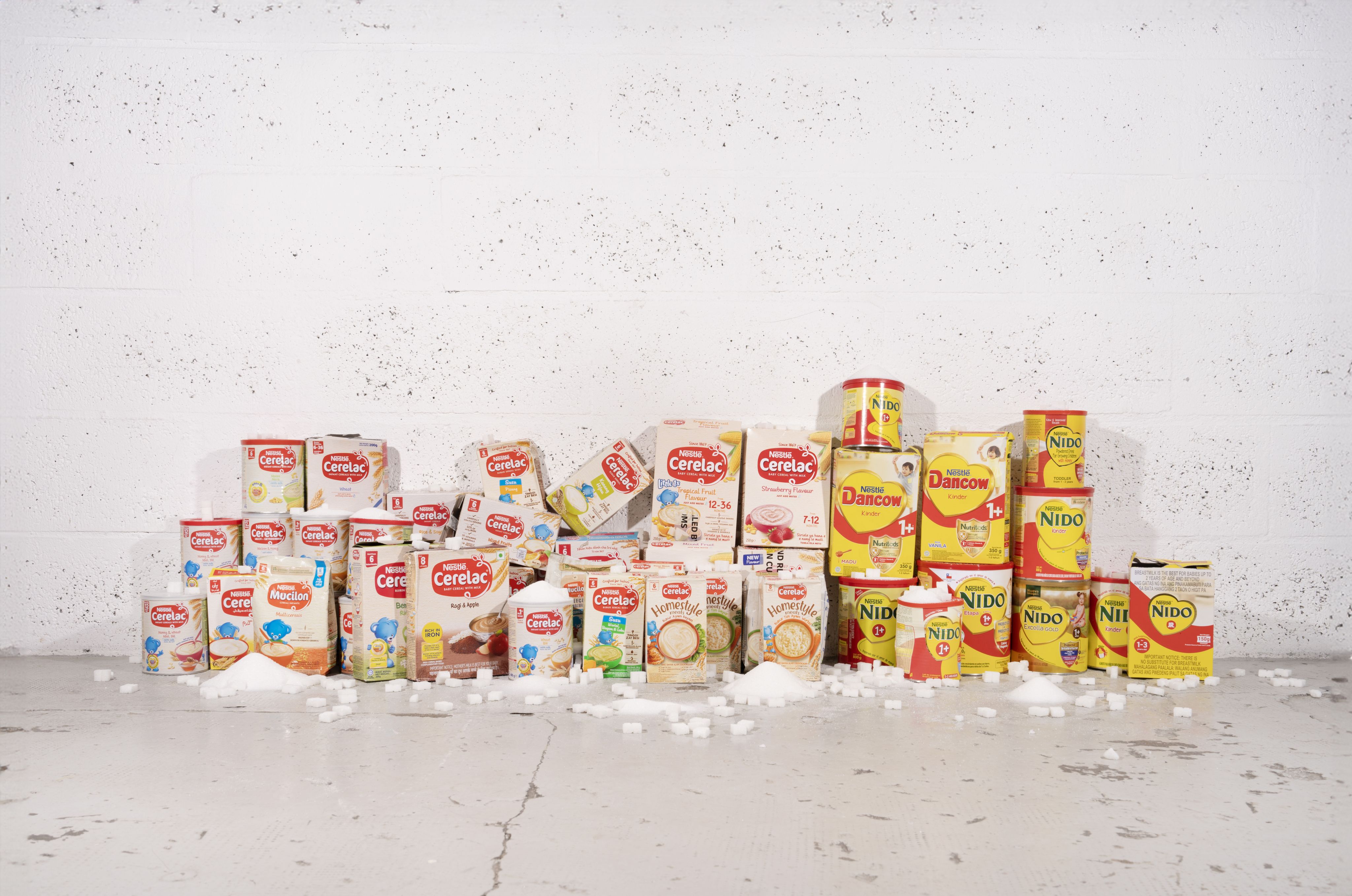
On its part, the WHO announced in a statement that the Swiss food company Nestle violates international principles aimed at protecting children from obesity, causing an increase in the prevalence of overweight rates, especially among children.
Foods containing natural sugar, such as fruits, are safe for infants and children according to the WHO, while added sugars are a problem because they can pave the way to obesity and cardiovascular disease — the world's leading causes of death.
The organization explains that the first two years of a child's life are of special importance, as optimal nutrition during this period reduces morbidity and mortality rates, reduces the risk of chronic diseases, and promotes better growth in general.
Adding honey to the food of children under the age of 12 months may also cause food poisoning called botulism, which may lead to paralysis or death, according to the U.S. Centers for Disease Control (CDC).
It is also not recommended for children under two years to eat foods that contain added sugar to avoid obesity and tooth decay.
In 2022, the UN agency called for a ban on added sugars and sweeteners in food products for babies and children under the age of three.
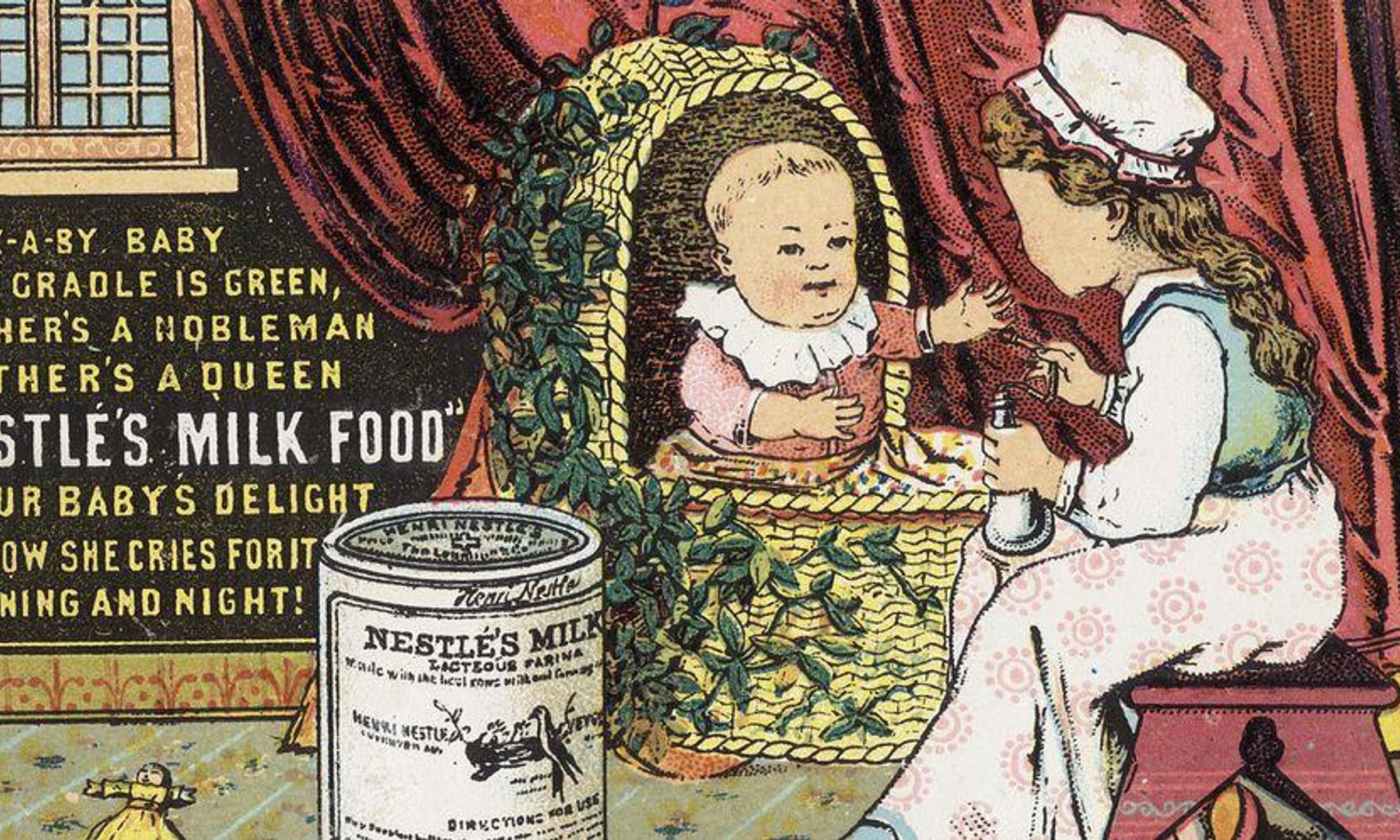
Double Standards
Fifty years after the infant milk formula scandal, the company claims to have learned from the past while doing everything it can to maintain its global leadership in infant nutrition.
Nestle did not respond to the double standards in its products between developing countries and European countries.
A spokesperson told Public Eye and IBFAN that its products fully comply with the Codex Alimentarius and local laws in the countries in which it operates, pointing out that slight differences in recipes across countries depend on several factors, including regulations, consumer trends and availability of local ingredients.
A company spokesman said that it has reduced the total amount of added sugars in children's cereal products worldwide by 11% over the past decade, noting their intention to phase out sucrose and glucose syrup from Nido milk globally.
"The company will work to further reduce the level of added sugars without compromising quality, safety and taste," he added.
"In some European countries, there are Nestle products without added sugar, as well as other products that contain added sugar," he said.
Nutrition experts say that if children become accustomed to the taste of sugar at an early age, they tend to eat more sugary products later in life.
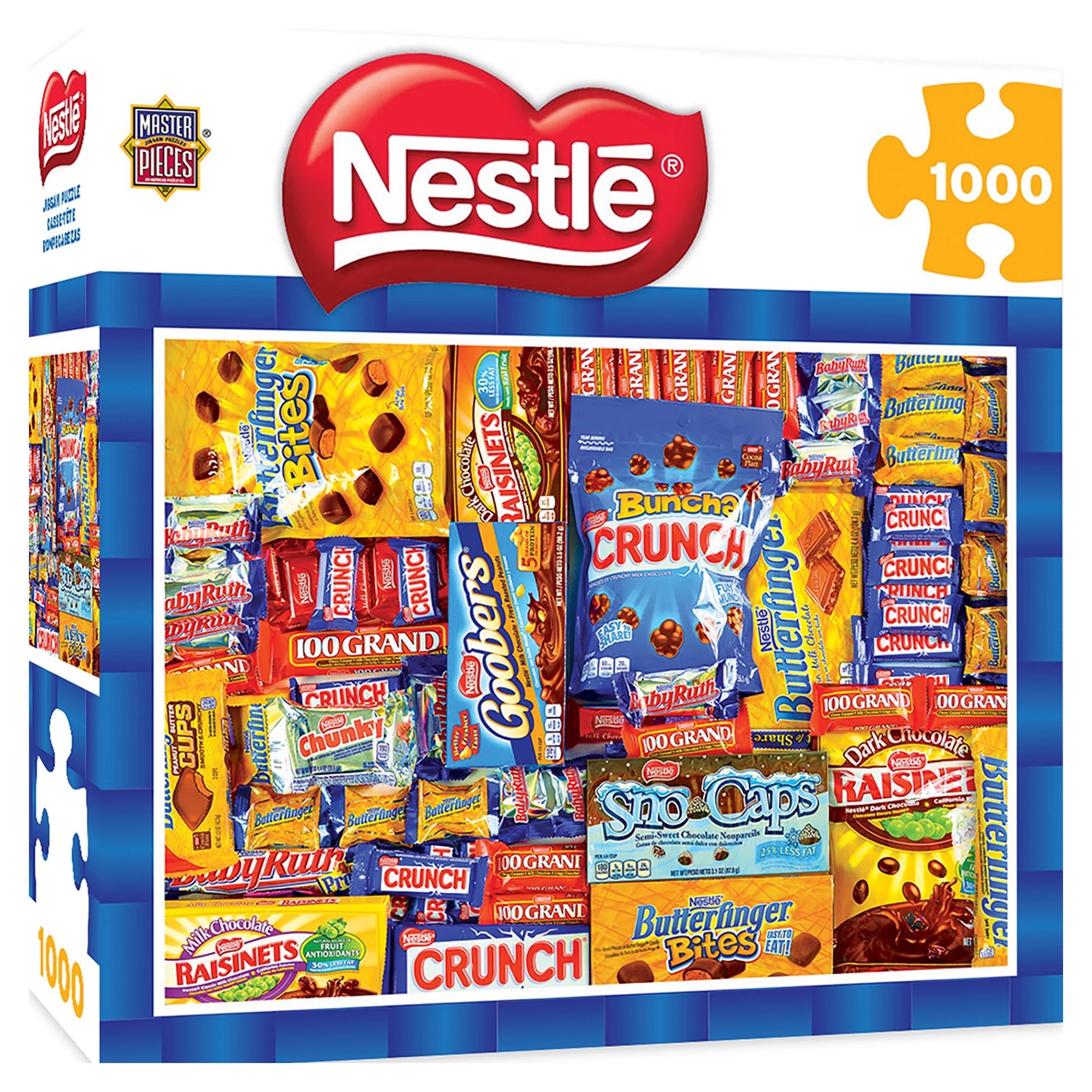
While the multinational publicly recommends avoiding baby foods containing added sugar, these wise words don't seem to apply to low- and middle-income countries, where Nestle continues to add high levels of sugar to some of its most popular products.
Nestle uses aggressive marketing methods to promote Nido and Cerelac in low- and middle-income countries despite the WHO's International Code, which prohibits the commercial promotion of such products.
The Code, originally adopted in 1981 in the wake of the Baby Killers scandal and clarified and strengthened by later resolutions, bans all promotion of infant formula in order to protect breastfeeding.
While Nestle's main goal is to increase sales in the baby-food market itself, it plays another key role: developing loyal consumers for life.
Phillip Baker, a senior research fellow at the University of Sydney in Australia, describes it as a cradle-to-grave marketing strategy.
"The idea being to get consumers from a very young age, develop that brand loyalty, develop those taste preferences for their products," he explains.
Sources
- How Nestlé gets children hooked on sugar in lower-income countries [Study]
- Nestlé adds sugar to infant milk sold in poorer countries, report finds
- Foods and Drinks to Avoid or Limit [Study]
- Nestlé publishes latest report on the responsible marketing of breast milk substitutes
- Regulation of marketing breast-milk substitutes [Study]
- Nestlé baby milk scandal has grown up but not gone away
- Obesity Statistics And Facts In 2024 [Study]










